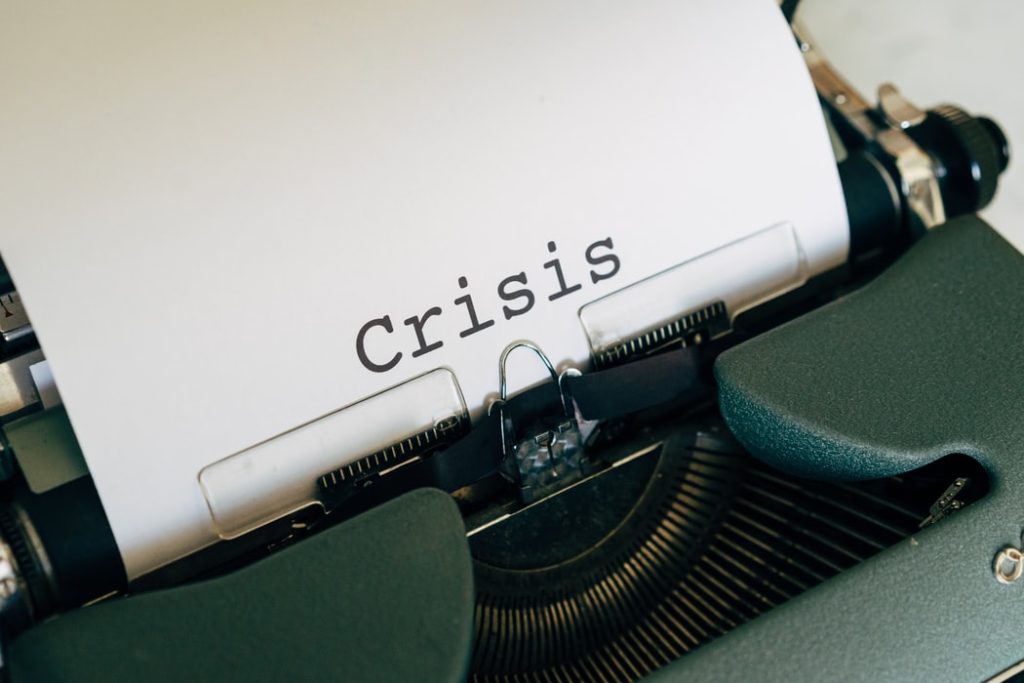
It is a well-known fact that human beings undergo crisis at one point or another in life. People go through some personal hellish moments and still have to paste a smile on their face. It can be shocking to realize that we may never know this, even when the person undergoing crisis is right before us; in form of a friend, colleague, or employee. The signs are easy to miss because we are usually too consumed with the issues in our personal lives to see beyond us and notice that this person is suffering worse.

For most people, the coronavirus pandemic is literally the worst crisis they have ever had to undergo. But for others, it might be lesser than the current personal crisis that they are going through. Yet, it does not make it less of a crisis either.
Returning back to work after a crisis can be pretty hard. The pressure to work at the same pace or even higher can be overwhelming. Subconsciously, we are consumed by the need to secure our job. The temptation is there not to give ourselves adequate time to heal from the implications of the crisis. However, the rush to be fully capable and ready when we return back to work can boomerang on one.
While we may not have the power to prevent the numerous happenstance in our lives, effective management of our reactions to crisis can make all the difference in a smooth transition back to work. In what ways can we return back to work after a crisis? Here are some steps that would help you achieve this;

Communicate – There is a saying that a problem shared is a problem half-solved. Transitioning smoothly back to work after a crisis may mean communicating with your colleagues and direct supervisors. It is better to let them know that you are going through some hard moments and even though you are on the road to recovery, but you are not fully recovered either.
Support – In Jane Egerton-Idehen’s book; “Be Fearless“, she talked about the need for support in order to boost workplace productivity. This support is crucial too as you try to return back to normalcy after a crisis. The truth is that your friends, colleagues, and partner may not know the exact way to help you except you tell them. When necessary, be specific on where and how you want their support.
Prioritize – Long after we come out from a crisis, the implications of the said crisis (for instance, the grief, depression, other changes) can still remain with us. While it might be your first inclination to dive right back into the middle of things especially at your workplace, it is best to slow down and take things easy. A good way to remain at the top of your game is to prioritize important tasks and activities. Meet your supervisors and request for deadlines and more information on the tasks assigned. Start up with the important ones and gradually navigate to the less important tasks.

Teamwork – It is a known fact that a crisis usually leaves its casualties vulnerable, wary and insecure. A good way to tentatively overcome these negative attributes is to slowly build trust again in people around you. This is easy to achieve especially in the workplace is to become part of a team for a project. Meet your superiors and communicate your need to be part of a team or collaborate with a colleague on a given task. Most superiors will permit this if it means that their employees would recover faster from their personal crisis.
Self-motivation – The place of self-motivation as you return back from a crisis can never be over emphasized. No matter how bad your crisis was, you can surmount it only if you believe you can. There should be a willingness on your part to recover fully; to return back to normalcy. While it may be easier to fall into the temptation of wallowing in self-pity, staying there long may have a detrimental effect on your career and even personal life. Stand up, dust yourself and move on as soon as you can. Your friends, colleagues and superiors can only be understanding and supportive for a while, and not longer.
Returning back to work after a crisis is not always be easy. But with the right amount of support from your family, friends and superiors, it can be easy to bounce back. Even if you are not going through a crisis, there might be someone in your circle who is doing so. It is important for you to be a strong support system to this person. Lend a listening ear and a helping hand to him/her for as long as possible.
If you found this article useful, like, comment and share with your loved ones. They may be in need of it.
Read Also: How to “Be Fearless” And Go After Your Dreams


